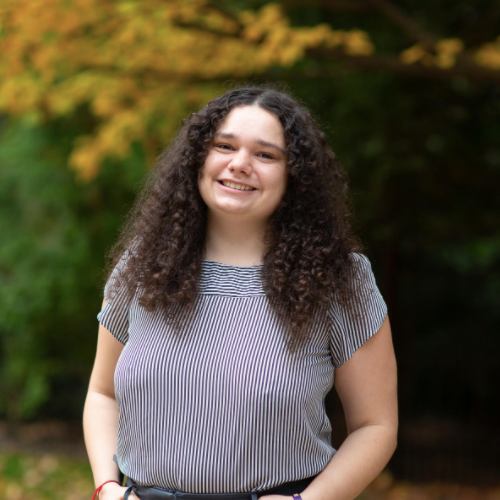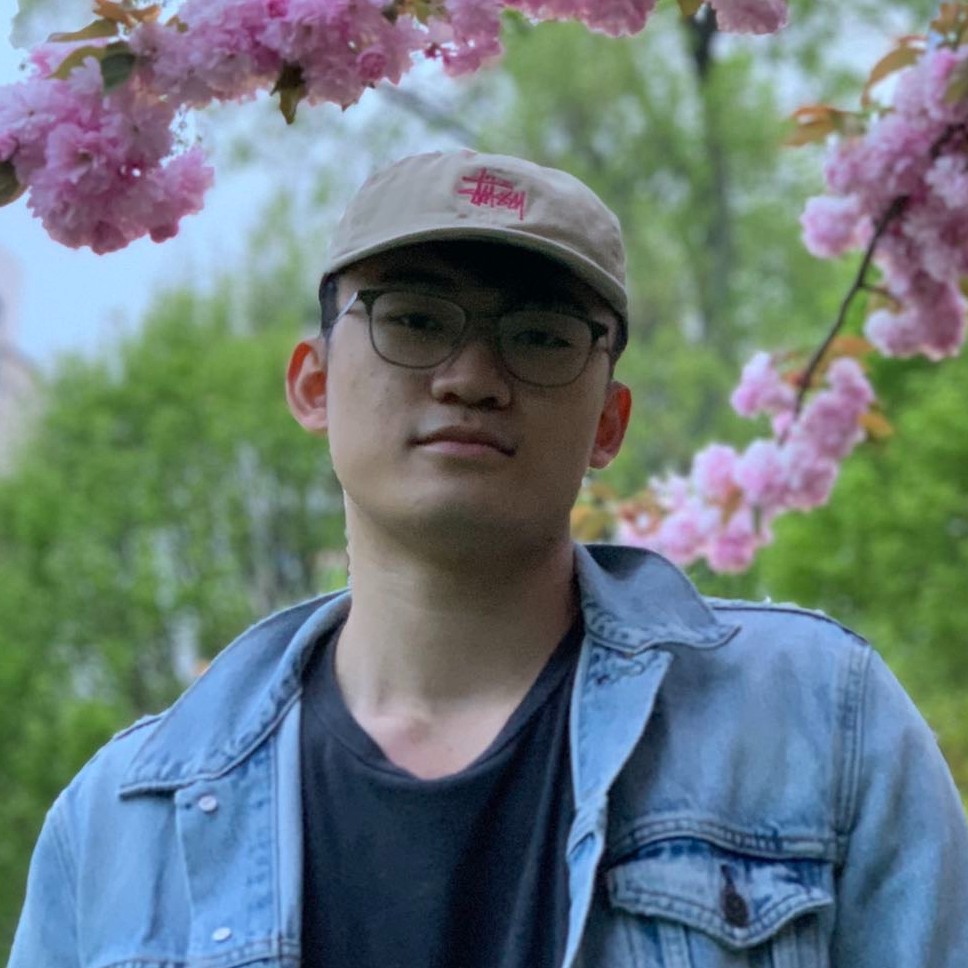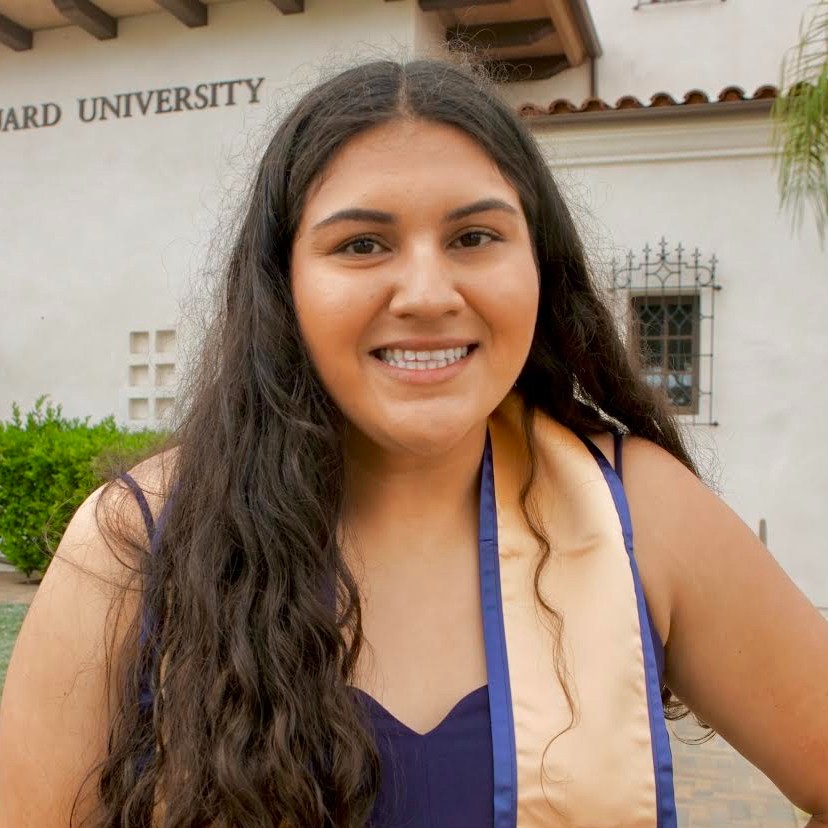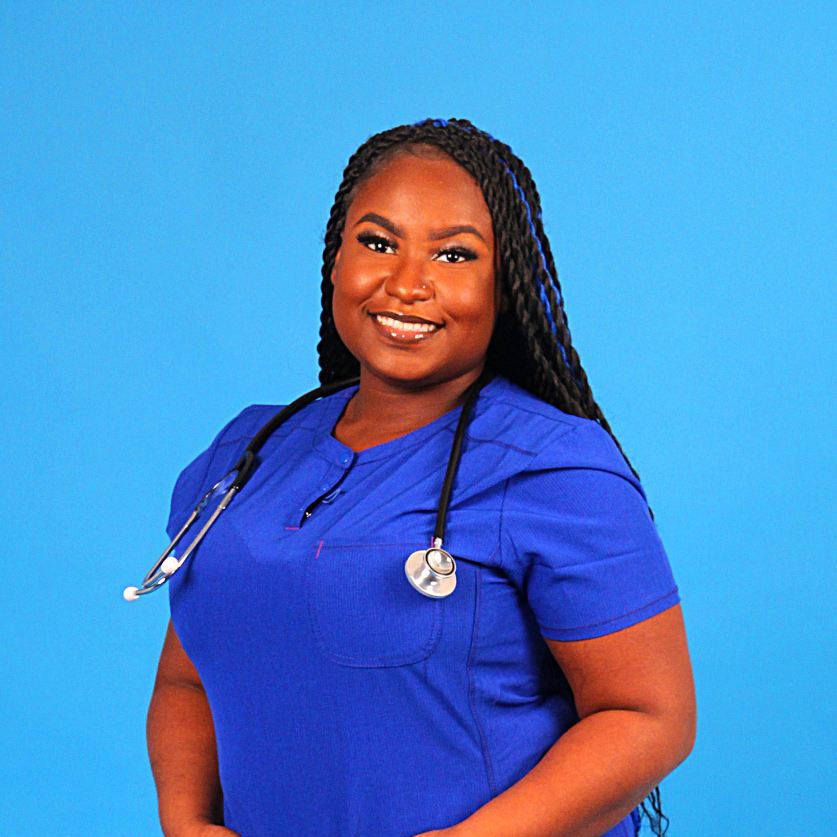Anonymous
One of the 2022 Project Fairness scholars who is pursuing a bachelor’s degree will remain anonymous for reasons of security.
Meet the 2022 Project Fairness Scholars
The Project Fairness scholarships are awarded annually to current and former foster youth who are pursuing higher education. The winners receive financial support to participate in an educational program, and mentoring to help them achieve their academic and professional goals.
The 2022 Project Fairness scholars were selected from a large and competitive pool of applicants, and distinguished themselves for their leadership, resilience and commitment to helping others.
One of the 2022 Project Fairness scholars who is pursuing a bachelor’s degree will remain anonymous for reasons of security.Anonymous

Brittney Barros is currently pursuing Master’s Degrees in Social Work and Public Policy at the University of Michigan. Brittney passionately advocates in the child welfare community, and she completed a prestigious internship through the Congressional Coalition on Adoption Institute. During the internship, she wrote a policy brief to both Congress and the White House on sibling separation in foster care.
Brittney holds a Bachelor’s degree in Social Work and a minor in Music from Eastern Michigan University. She also works for the Michigan Supreme Court as a Youth Champion for young people in foster care to achieve court improvement in child welfare proceedings. Her long-term goal is to bring robust systematic change to the child welfare sector.

Leroy Chen is a junior at The City College of New York, where he is pursuing a digital arts degree. Ever since he was a kid, he was fascinated with cartoons and anime. They inspired him to draw those characters and even make up some of his own. From there he took many art classes, including a graphic design class in college. He had a lot of fun with it and knew that was what he wanted to do.
But it wasn’t all that fun discovering his career goal. Growing up was hard. His father left when he was 12, and when his mother found out he wanted to be an artist, she was disappointed and told he would have no future as an artist. At 17, as a freshman in college, he settled for computer science thinking his mother would be proud. But he ended up being miserable in his classes and his grades suffered. He transferred to Bronx Community College (BCC), where he found his second chance. He took a graphic design class and that’s when he found himself and he felt reborn. Working with art is what he was meant to do.

Sonya Morris is a graduate student at Arizona State University, pursuing her masters in social work. She received her bachelor’s degree in Sociology at Vanguard University. Her goal is to work in the field of social work, first as a social worker and later as a macro social worker who seeks to address larger social problems. Entering foster care as a teenager allowed Sonya to notice many areas that need improvement, where she hopes to make a positive contribution.

Tashala Webster is a student at the University of Michigan – Flint, where she is pursuing a pre-nursing major. Tashala is actively involved with Mpowering My Success, a program at her university that supports youth who’ve been in foster care. Tashala entered the foster care system when she was very young and has been in and out of different houses, which motivated her to help advocate for other foster care youth. Tashala has experienced homelessness and this is where she learned the importance of volunteering and giving back to the community. Her time in a homeless shelter was eye-opening for her, and it has shaped who she has become and what she wants to do in the future.
Tashala is passionate about mentoring other foster youth because she never had a mentor of her own. She found mentorship for herself when she was already in college, and she wants to help other foster youth before they are at that point. Tashala has mentored a young student by helping her with basic life skills, like using public transportation, managing her finances, and planning for the future. Tashala wants to continue to pass along guidance to those who may not have it from anyone else.
Project Fairness awarded its scholarships through a detailed evaluation process conducted with a panel of advisors with experience with the foster care and/or higher education system.
All applications are evaluated by the Project Fairness board, whose members scored the applications individually and selected finalists based on assessment averages and consensus voting. The finalists’ applications were then scored by the advisory panel, and each finalist was interviewed by members of the Project Fairness board. Winners were selected on the basis of the top average scores from advisors and Project Fairness board members, combined and weighted equally, as well as to finalists who distinguished themselves during the interview process.